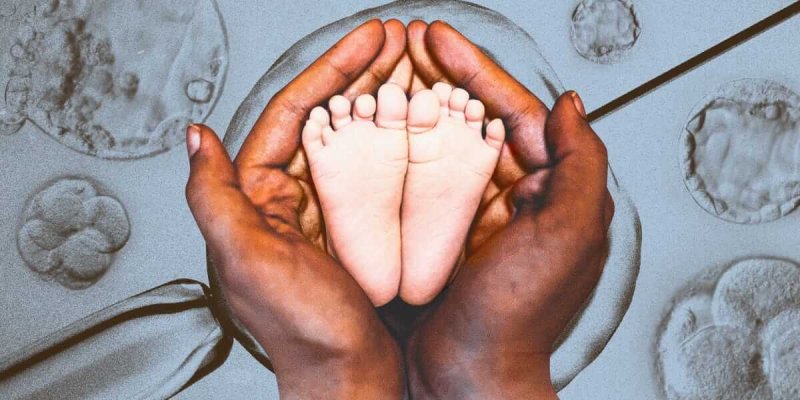There has been a shortage of Black sperm donors and all donors of color for years, industry experts said. The Covid-19 pandemic exacerbated the problem as young professionals and university students, a major pool of current and prospective donors for sperm banks, left cities and were slow to return.
Alyse Mencias, a clinic relations manager at Seattle Sperm Bank, said sperm banks know they need to recruit more Black and other donors of color, especially as families become more diverse. “I think the demand is there,” Ms. Mencias said.
Ms. Mencias, who discussed the Black sperm donor shortage on the Mocha Single Mothers by Choice podcast in April last year, said only one in every 1,000 applicants—of all races and ethnicities—makes it through the screening process, which includes genetic and infectious-disease testing, a criminal-background check and a semen analysis to ensure sperm quality.
…
Mistrust of the medical system makes it more difficult to recruit Black donors, Dr. [Michael] Thomas said, adding, “There is a fear many people have about what is going to be done with their sperm and eggs.”































